Sign Indonesia ‘phasing out’ death penalty amid plans to bring Bali Nine members home
Australians Andrew Chan and Myuran Sukumaran were brutally executed in ‘Indonesia’s Alcatraz’. But they remained defiant until the end.
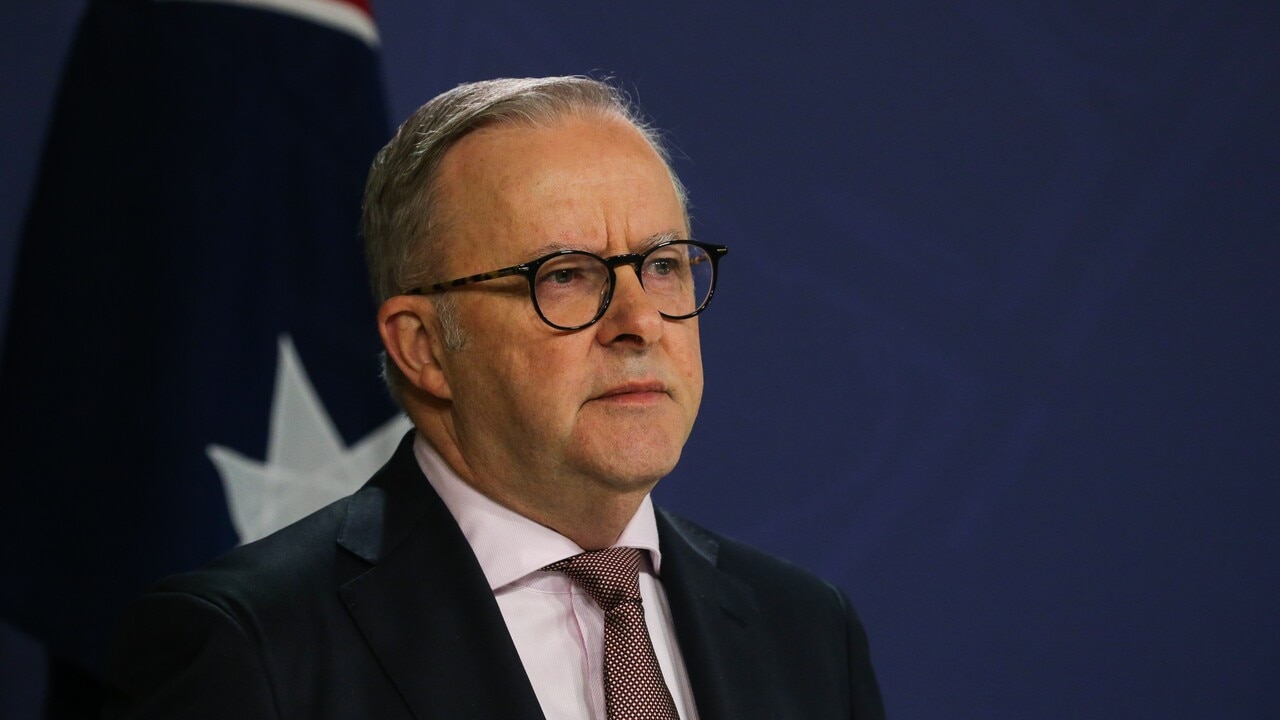
The five remaining members of the infamous “Bali Nine” drug smuggling gang in Indonesia may now be coming home after the Indonesian government appeared to agree for them to be repatriated back to their native Australia this week.
The news came following a meeting between Indonesia’s Coordinating Minister for Law, Human Rights, Immigration and Correctional Institutions, Yusril Ihza Mahendra, and Australia’s Home Affairs Minister, Tony Burke, during which the Indonesian authorities reportedly provisionally green-lit the proposal – which Mr Burke said was “a significant step forward and shows significant goodwill”.
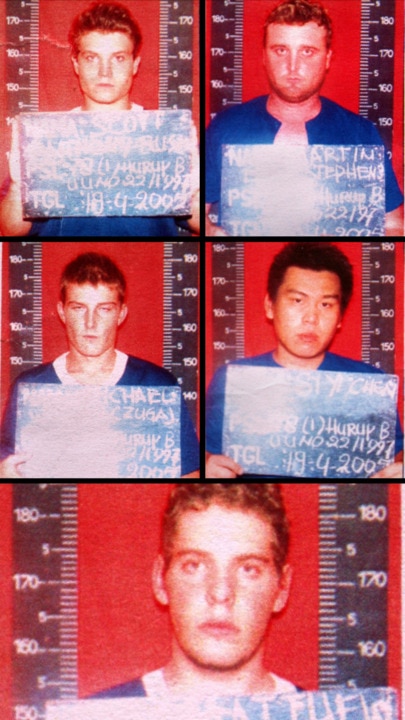
The Bali Nine
Australians Andrew Chan, Myuran Sukumaran, Scott Rush, Matthew Norman, Si-Yi Chen, Michael Czugaj, Martin Stephens, Tan Duc Thanh Nguyen and Renae Lawerence – collectively named the “Bali Nine” – were arrested in April 2005 when they were caught red-handed trying to smuggle some 8kg of heroin from Bali back to Australia.
The drugs had been crudely taped to the thighs and stomachs of Lawrence, Stephens, Rush and Czugaj, who were all arrested at Bali’s Ngurah Rai International Airport. The other members of the group were arrested on planes as they attempted to flee Indonesia, or in guesthouses on the island.
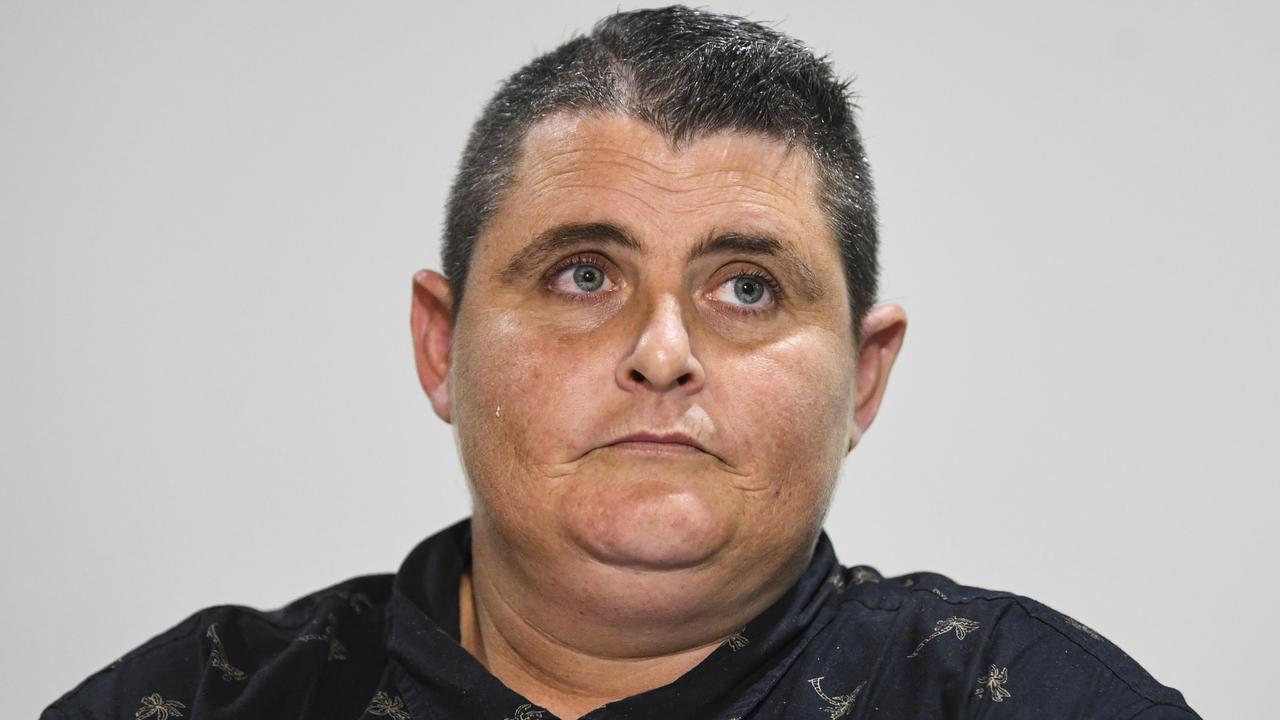
The two so-called “ringleaders” of the Bali Nine, Andrew Chan and Myuran Sukumaran, received the death penalty and were executed on the island of Nusakambangan – an island prison known as “Indonesia’s Alcatraz” – on April 29, 2015.
Nguyen, Chen, Norman and Rush were also sentenced to death, but their sentences were reduced to life imprisonment on appeal. Nguyen died of cancer in prison in 2018 and Lawrence, the only female in the group, was repatriated to Australia that same year after receiving a 20-year prison sentence.
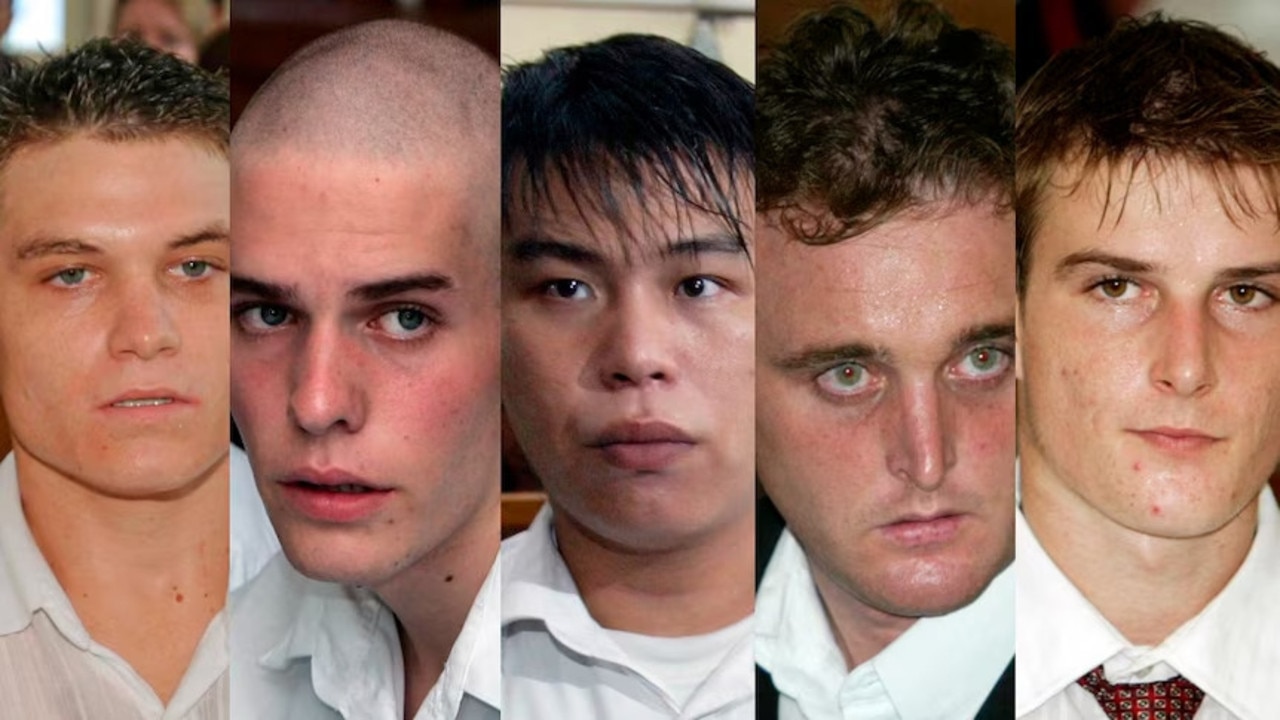
‘First step’
Usman Hamid, the head of Amnesty Indonesia, said that Indonesia’s plan to transfer the remaining Bali Nine members to Australia should be a pivotal moment in the country’s approach to drug-related cases.
“Indonesia should not address this as a one-off policy shift but rather as the first step towards adopting a more humane and reformative stance in addressing drug offences,” he said.
“Considering that the global trend is moving away from capital punishment, particularly in drug-related cases, as it fails to address the root causes of the drug trade, Indonesia’s recent plan of transferring those foreign convicts should pave the way for a moratorium on executions and a review of all death row cases in the country.”
Aussies betrayed?
There was some controversy around the case from the beginning, as the father of Scott Rush had feared that his son may have been travelling to Indonesia to commit a crime. He had contacted his lawyer, who in turn called the Australian Federal Police (AFP) in an attempt to prevent Rush from boarding a plane to Indonesia.
The AFP instead chose to contact the Indonesian police, despite knowing that drug crimes in Indonesia potentially carry the death penalty – which was formally abolished across all territories in Australia in 1985.
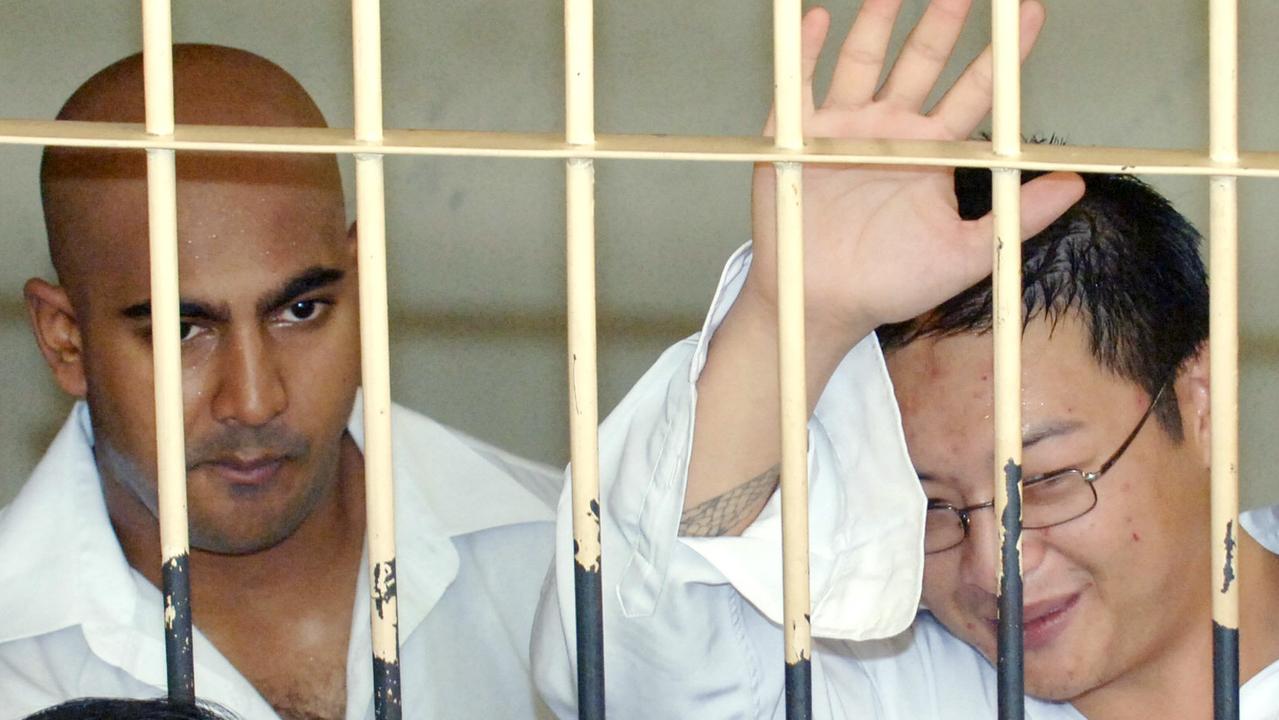
Indonesia has some of the toughest drugs laws in the world, and possession of even small amounts of narcotics can result in lengthy prison sentences, while drug trafficking is one of several crimes, along with premeditated murder, terrorism and sedition, for which a death sentence can be handed down.
In 2004, Australian Schapelle Corby was arrested and spent nine years in prison in Bali after she was found guilty of smuggling marijuana into Indonesia, and in 2005, Australian model Michelle Leslie was sentenced to three months in prison after two ecstasy tablets were found in her handbag.
Indonesia’s brutal death squads
In Indonesia, death sentences are carried out by a twelve-person firing squad, with prisoners tied to wooden stakes, clothed in white and shot through the heart.
At their execution, Chan and Sukumaran reportedly refused to be blindfolded before they were shot.
There was an unofficial moratorium on the death penalty in Indonesia between 2008 and 2013 under former president Susilo Bambang Yudhoyono, although executions, including those of Chan and Sukumaran, began again under the administration of President Joko Widodo, popularly known as Jokowi, in 2015.
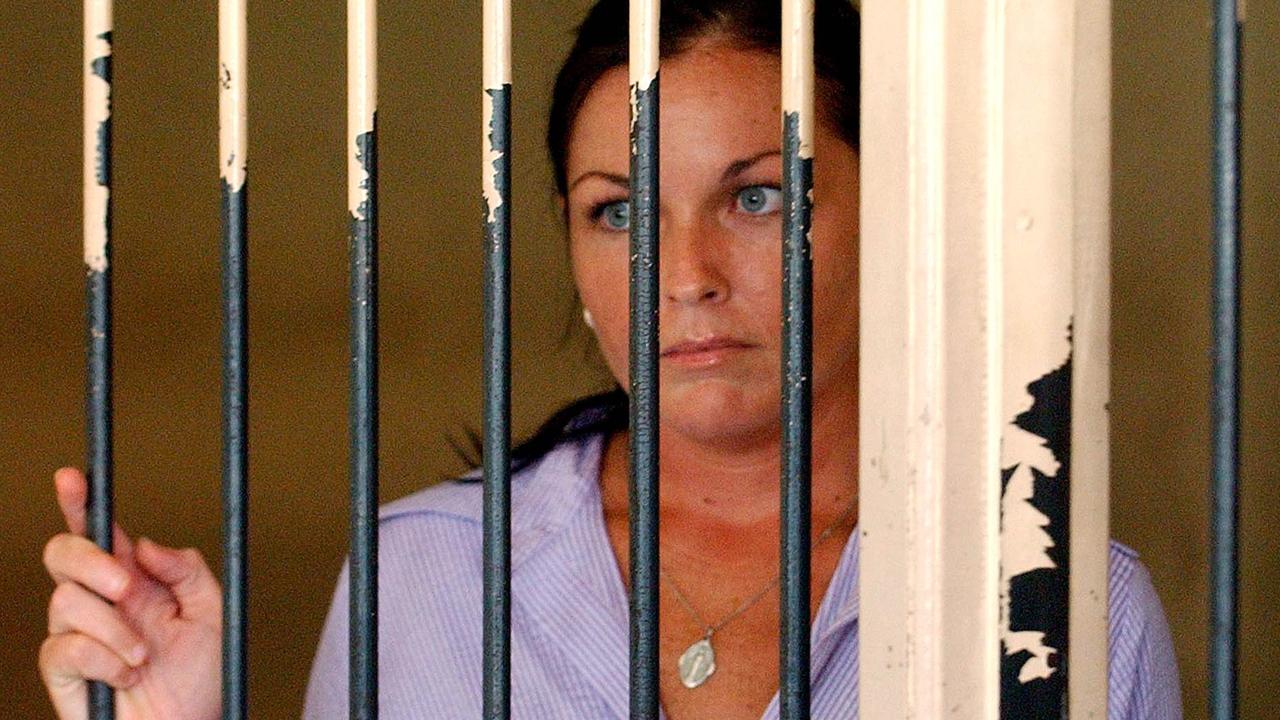
To date, there are 509 prisoners on death row in Indonesia, 89 of whom are foreigners – however, capital punishment is being gradually phased out as part of the country’s new criminal code which allows death sentences to be commuted to life imprisonment after 10 years of good behaviour in prison.
Bringing them home
Discussions regarding the possible repatriation of the remaining members of the Bali Nine reportedly began at the recent Asia Pacific Economic Cooperation (APEC) Summit in Peru, where Prime Minister Anthony Albanese and Indonesia’s new president Prabowo Subianto first discussed the matter.
Prabowo was sworn into office in Indonesia on October 20 and is widely credited with having supported the plan to return the Australians to their home turf.
While it may come as a surprise to some that Prabowo – a former military general with a checkered human rights record – appeared to have championed the release, Andreas Harsono, a researcher at Human Rights Watch Indonesia, told news.com.au that the president, who was previously Indonesia’s Defence Minister, has always taken an interest in cases of Indonesians imprisoned abroad.

“He personally helped an Indonesian migrant worker sentenced to death in Malaysia and helped to save her. During his campaigns, he also often talked about Indonesian migrant workers and promised to pay attention to their difficulties,” he said.
In 2015, the same year that Chan and Sukumaran were executed, Prabowo worked to secure the repatriation of Indonesian migrant worker Wilfrida Siok, who had been handed the death penalty in Malaysia for stabbing her employer to death – who Siok claimed had been abusing and torturing her for years.
“It is natural that he also needs to pay attention to similar cases of foreign prisoners in Indonesia,” Mr Harsono said.
Unknown fate
It is not yet clear when the remaining members of the Bali Nine may be returned to Australia – although it could be as soon as this month – or what their fate may be when they arrive back on home soil.
The Indonesian authorities have said that they would prefer for the five men to continue to serve their life sentences in Australian prisons, although once they have left Indonesian jurisdiction, it will be up to the Australian justice system to decide their future.
“We are transferring them to their countries so they can serve their sentence there, but if the countries want to give amnesty, we respect it. It’s their right,” Coordinating Minister Yusril said.
Aisyah Llewellyn is a freelance journalist based in Indonesia





